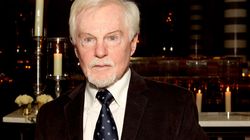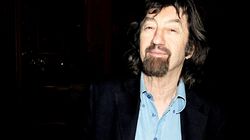Joely Richardson on Shakespeare's Women
Episode: 1x01 | Airdate: Jun 19, 2012
Shakespeare Uncovered: In Twelfth Night and As You Like It, Joely Richardson investigates (with a major contribution from her mother Vanessa Redgrave) the legacy of the two great comedies and the great comic heroines created by Shakespeare in those hugely popular plays.
Shakespeare's comic heroines are well known to be some of his greatest creations and in this film Joely looks at Viola in Twelfth Night, washed up on a foreign shore, having (for her own safety) to disguise herself as a man and then falling in love with the man she is working for. Then there is the legendary Rosalind in As You Like It, who also spends much of the play disguised as a man but in the process torments and teases the man she loves in an effort to uncover how sincere he is.
Joely investigates the reason why these heroines spend much of their time dressed as men - it was because they were originally created for young men to play. But at the same time we find that Shakespeare revealed an acute understanding and sympathy for women when he wrote these characters.
A variety of film versions are studied alongside the most recent productions at Shakespeare's Globe, and with contributions from the world's greatest Shakespearean scholars like Jonathan Bate and Germaine Greer and from actors like Vanessa Redgrave and Helen Mirren, this film reveals the legacy of strong, sassy, witty women that we inherit from William Shakespeare's great comedies.







